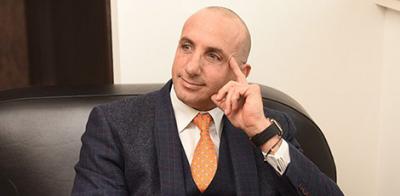Italy loses 10,000 doctors in 10 years

ROME – In 10 years, between 2005 and 2015, over 10,000 doctors left Italy and moved abroad for reasons including “higher salaries and meritocracy.” Their departure is a damaging problem that is increasingly being felt as the National Health Service continues to lose even more professionals.
The majority of them were orthopaedists, paediatricians, gynaecologists, anaesthetists, on average between 28 and 39 years old. In the same period 8,000 nurses also packed their bags and emigrated.
The United Kingdom and Swizerland were the two most popular destinations that they migrated to. 33% chose to move to the UK and 26% fled to Switzerland. This is placing an economic strain on Italy as medical training costs the Italian state 150,000 euros for each individual doctor.
According to data from the European Commission and the Eurispes-Enpam Report, every year 1,500 graduates in medicine move abroad to attend specialisation schools. Therefore, estimates indicate that by 2025 hospital treatment will be even more difficult as some 16,500 specialists will be lacking.
The region from which they migrate the most is Veneto, from where the governor Luca Zaia has raised alarm. “There are 1,300 doctors missing. The reason for this situation is a flawed national program,” he said.
There are many reasons that cause so many professionals to leave Italy. Abroad, “access to the profession is more meritocratic, career prospects are better and salaries are much higher,” explained Massimo Tortorella, president of Consulcesi who, in partnership with the Italian Medical Society of Great Britain (IMSoGB), is also involved in the training of Italian doctors in the UK.
“Italy is committed to the training of excellent health professionals, spending large sums of money and then gives this heritage to others”, added Tortorella.
Dozens of testimonies have been collected in recent years among expats who now live in Britain. “I was struck by the story of two Italians who today work in a famous London hospital,” said Tortorella, “they are from Rome and Milan, in their cities they were forced to make do with underpaid jobs and periods of inactivity. In London they met, fell in love, they found work and made a career.”
“They say they would not return to Italy even for the same salary and I really do not blame them," he concluded.


